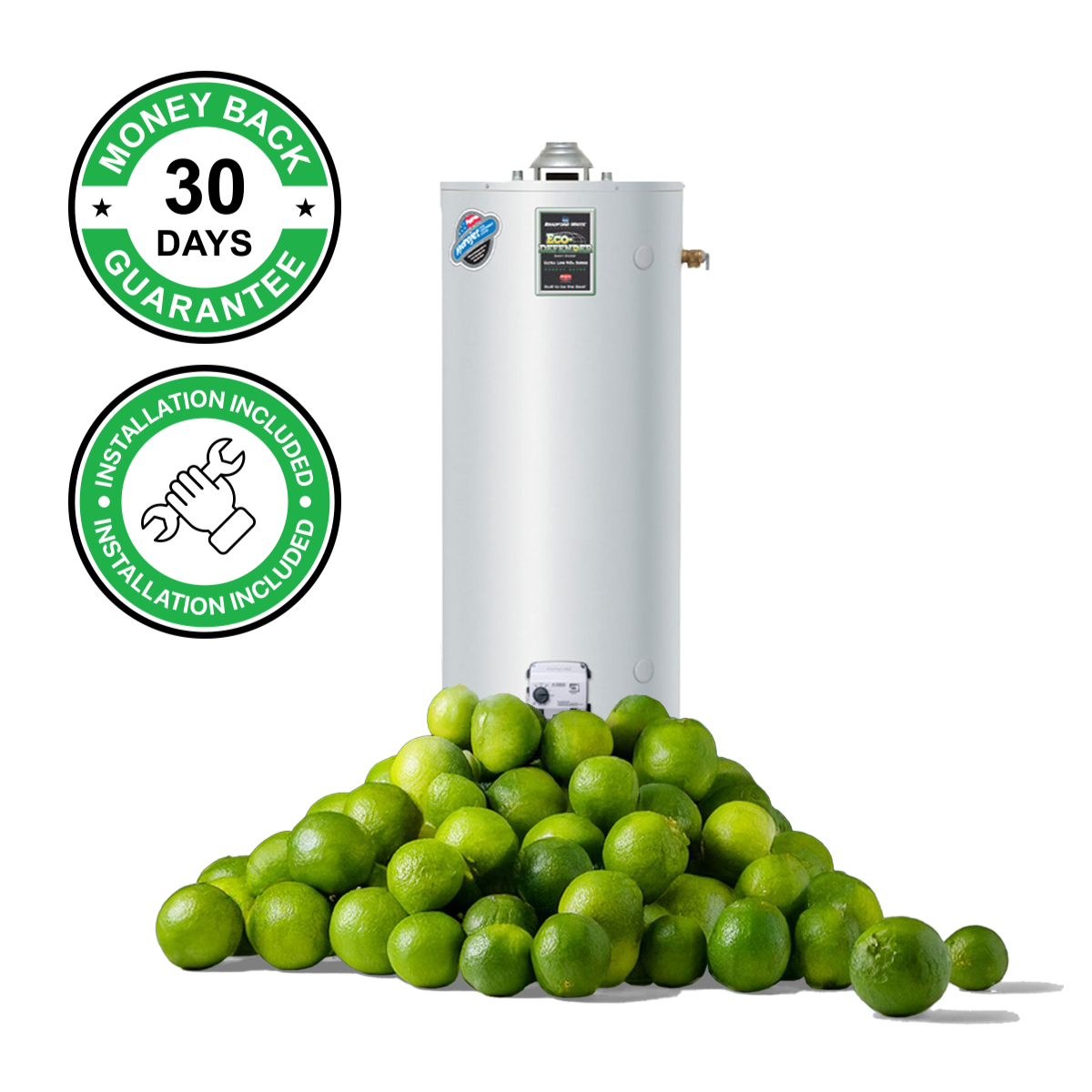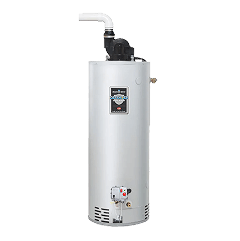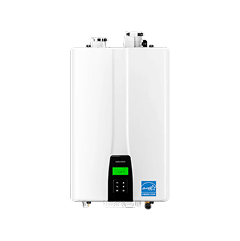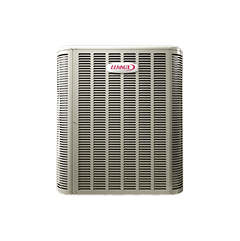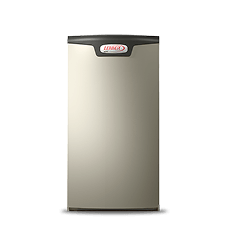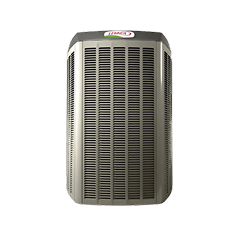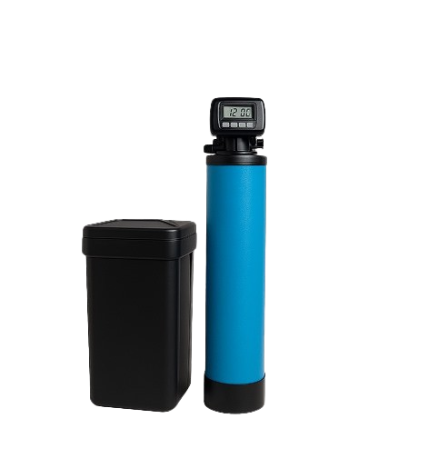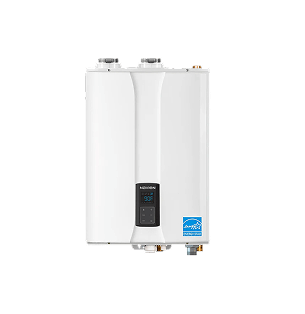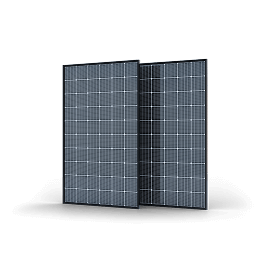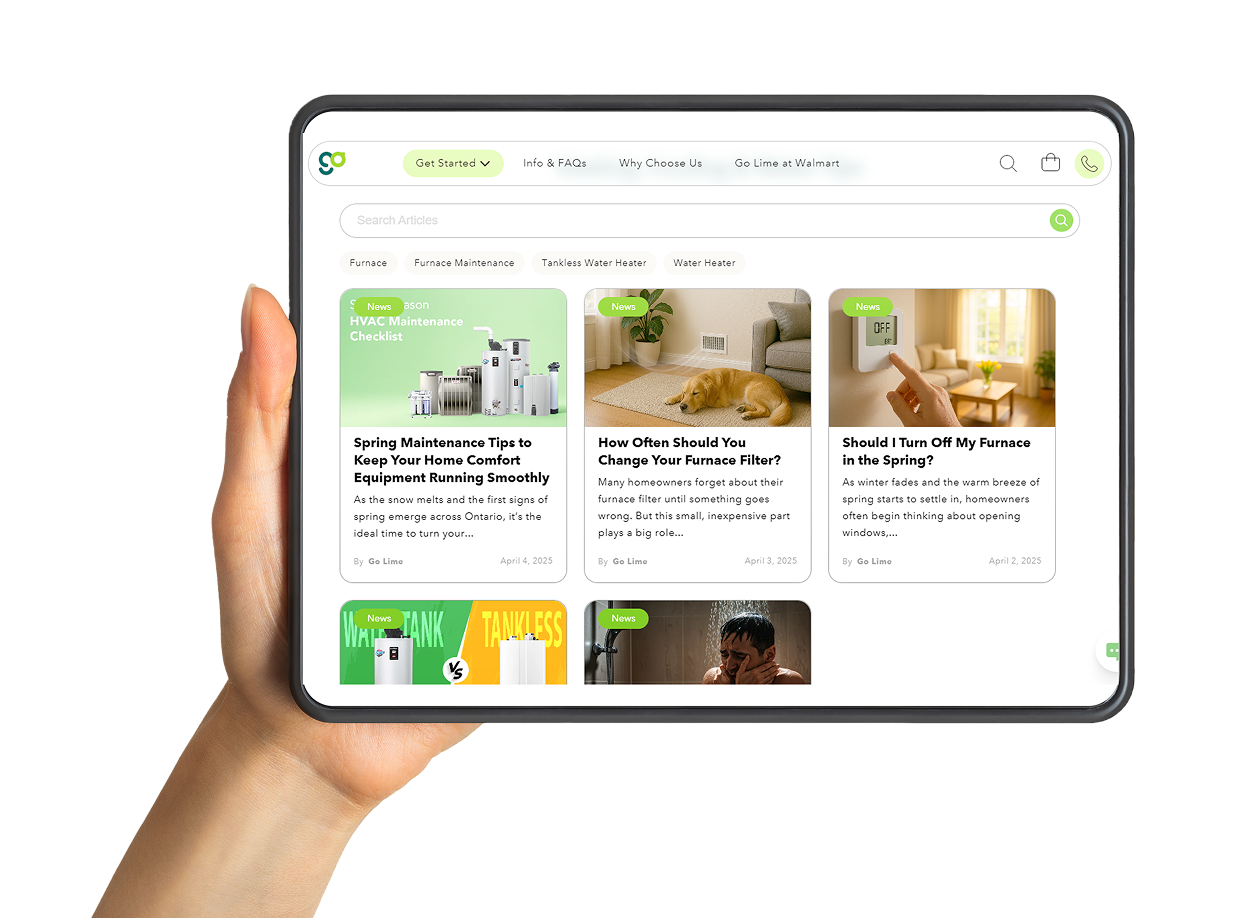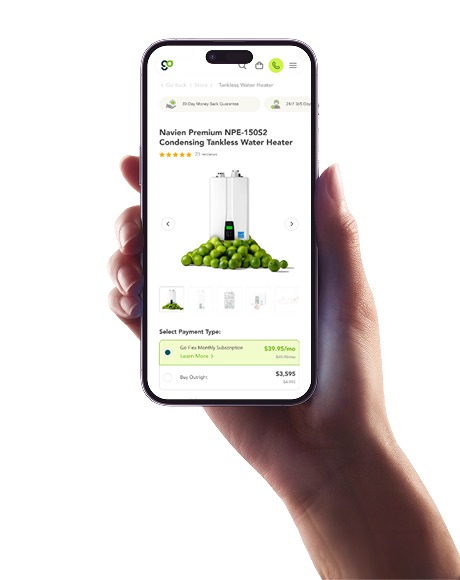Do Heat Pumps Work in Hot Weather?
 Liby Thomas
Published on: Jun 25, 2025
Liby Thomas
Published on: Jun 25, 2025

When many people hear the word "heat pump," they assume it's only for winter comfort. But the truth is, heat pumps are a year-round solution that can cool your home in the summer just as effectively as they heat it in the winter. With Ontario's increasingly hot and humid summers, this capability is more important than ever.
So if you're wondering, "Do heat pumps work in hot weather?" - the answer is yes, absolutely. And this blog will explain exactly how and why.
What Is a Heat Pump and How Does It Work?
A heat pump is a type of HVAC system that transfers heat instead of generating it. This makes it more energy efficient than systems that burn fuel or rely solely on electrical resistance.
- In heating mode, a heat pump extracts heat from the outside air (even in cold weather) and transfers it indoors.
- In cooling mode, it works in reverse, removing heat from inside your home and pushing it outside.
In cooling mode, a heat pump functions just like a central air conditioner, using a refrigerant cycle, compressor, evaporator, and condenser to absorb and release heat.
Do Heat Pumps Cool Effectively in Summer?
Yes. Modern heat pumps are built to deliver reliable cooling performance even during hot, humid Ontario summers.
In fact, with advancements like inverter-driven compressors, SEER2-rated efficiency, and smart thermostats, many homeowners are discovering that a heat pump can outperform their old air conditioner in both comfort and cost savings.
Key Cooling Benefits of a Heat Pump:
- Consistent indoor temperatures with variable speed operation
- Lower electricity bills due to high SEER2 ratings (14.3+ is now the standard)
- Efficient dehumidification, which makes your space feel cooler
- Quiet performance both indoors and outdoors
- One system for both heating and cooling, reducing maintenance costs
Real-World Performance in Ontario Summers
Ontario summers can be intensely humid and frequently hit 30°C or higher. Fortunately, many heat pumps available today are tested and certified to cool homes efficiently in these conditions.
Example:
A cold-climate inverter heat pump installed in Mississauga might run at low to medium capacity during a 32°C afternoon, maintaining a steady 22°C indoors without the need for constant cycling. That not only saves energy but avoids uncomfortable temperature swings.
Important Features That Improve Summer Cooling:
- Variable speed compressors (run at the exact output needed)
- High SEER2 ratings (seasonal energy efficiency ratio)
- ENERGY STAR® certification (means verified energy performance)
- Wi-Fi-enabled thermostats (optimize your cooling schedules)
SEER2 Rating: The Cooling Efficiency Benchmark
As of 2023, SEER2 is the updated standard for measuring the cooling efficiency of heat pumps and air conditioners.
- SEER2 13.4–14.0: Meets minimum federal efficiency
- SEER2 14.3–15.2: ENERGY STAR® certified
- SEER2 16+: High-efficiency systems; great for larger homes or frequent cooling
When comparing heat pumps for summer performance, look for SEER2 ratings of 14.3 or higher to ensure good performance and rebate eligibility in Ontario.
Comparing Heat Pumps vs. Central AC for Summer Use
| Feature | Heat Pump | Central AC |
| Cooling Performance | Excellent | Excellent |
| Heating Capability | Yes | No |
| Energy Efficiency | High (SEER2 14.3+) | Moderate to High |
| Cost to Run | Lower with inverter models | Moderate |
| Installation Cost | Slightly higher | Lower |
| Rebate Eligibility | Yes | Yes (if ENERGY STAR®) |
While central air conditioning is still common, more homeowners are switching to heat pumps for their dual-functionality and long-term energy savings.
Common Concerns About Summer Cooling With Heat Pumps
1. Can Heat Pumps Handle Ontario Heatwaves?
Absolutely. Cold-climate-rated systems are designed to cool in temperatures well above 30°C. Just ensure you choose a properly sized model based on square footage and usage.
2. Will It Keep My Home Comfortable on Humid Days?
Yes. Heat pumps have excellent dehumidification features, helping you feel cooler without needing to lower the thermostat as much.
3. Is a Heat Pump Better Than My Current AC?
If your AC is more than 10 years old or isn’t ENERGY STAR® certified, a new heat pump will likely outperform it in both efficiency and cost savings.
4. Do Heat Pumps Last in Ontario’s Climate?
With proper maintenance, most systems last 12–15 years or more. Inverter models also tend to wear more slowly because they don’t cycle on and off as frequently.
What to Look for When Choosing a Heat Pump for Summer Use
If you're upgrading or replacing your AC, here are key features to look for:
High SEER2 Rating
Look for models 14.3+ SEER2 to ensure optimal energy efficiency and rebate eligibility.
Inverter Compressor
This allows the system to adjust output based on real-time demand meaning less energy used and better indoor comfort.
ENERGY STAR® Certification
This ensures the system meets strict energy efficiency standards set by the Government of Canada.
Proper Sizing
A system too small won’t cool adequately. One too large will short-cycle. Go Lime technicians can help size your system correctly for your square footage and insulation levels.
Smart Thermostat Compatibility
Pairing your heat pump with a smart thermostat gives you better control and can reduce your summer energy bills even further.
Bonus: Rebates for Heat Pumps in Ontario
Thanks to programs like the Canada Greener Homes Grant and local utility incentives, Ontario homeowners can receive rebates for qualifying ENERGY STAR® heat pump installations. Rebates may include:
- Up to $6,500 for cold-climate heat pump systems
- Bonus incentives for pairing with other efficiency upgrades
- Lower electricity costs long-term due to more efficient operation
Frequently Asked Questions
Can I replace my central AC with a heat pump?
Yes. Many homeowners are upgrading to heat pumps as they offer both heating and cooling, saving space and improving efficiency.
Will a heat pump cool my whole home?
Yes - as long as it's sized correctly and paired with compatible ductwork or indoor units.
Are ductless systems also heat pumps?
Yes. Mini-split systems use heat pump technology and are great for zoned cooling or homes without ductwork.
Will I still need a furnace?
In most cases, heat pumps can handle summer cooling and shoulder-season heating alone. In winter, some homes may use a dual fuel setup where the heat pump runs until temperatures dip below -25°C, then a furnace kicks in.
Final Thoughts: Heat Pumps Are Built for Ontario Summers
Heat pumps do more than just heat - they cool with precision, efficiency, and reliability. With rising summer temperatures across Ontario, having an HVAC system that can adapt is more important than ever.
Whether you're replacing an aging air conditioner or building a new home, a high-efficiency heat pump offers year-round comfort, modern features, and a smaller environmental footprint.
Ready to Upgrade?
At Go Lime, we help Ontario homeowners choose the right heat pump for their home size, budget, and climate. Our licensed team handles everything from heat load calculations to professional installation.
Explore top-rated models, check your rebate eligibility, or schedule a free consultation today.




